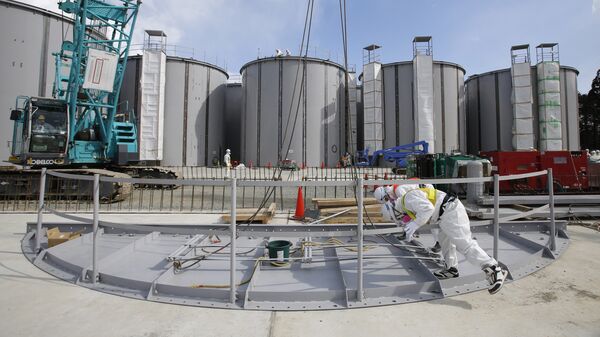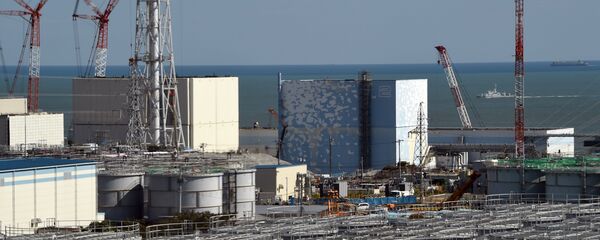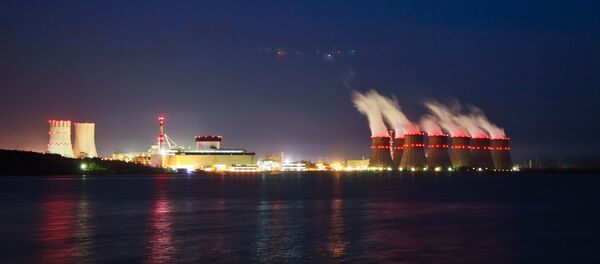TEPCO is seeking additional government assistance as the astronomical price tag for the accident continues to grow. The Japanese government’s special accounts budget shows that about 2.34 trillion yen went to an interim storage facility for contaminated soil, disposal of contaminated water and for the decontamination of affected areas. The government foot most of the bill, mostly through affiliated groups like the Decommissioning Facilitation Corp. and Nuclear Damage Compensation.
Eventually decontamination costs will be covered by the process of TEPCO selling its shares to government-backed organizations. The loans provided for the shares have been guaranteed by the government. If the TEPCO stock price makes lending unprofitable, the loans will be repaid using tax revenue.
The government is hoping for about 2.5 trillion yen in profit from the sale of TEPCO shares. For that to happen TEPCO stock would have to trade at roughly 1,050 yen, which a significantly sharp uptick from the current market price of 360 yen.
Some 1.1 trillion yen from the energy special account is to be used to finance the storage of contaminated soil. These funds come mostly from tax revenue generated by a promotion of power resources development, a part of the cost included in electricity bills.
The government also intends to spend about 1.8 trillion yen on a new research and development facility, decommissioning Fukushima’s reactors and and checking for food contamination.
After the nuclear accident, the worst in Japan’s history, TEPCO and six other utility companies collectively charged consumers at least 327 billion yen in rate hikes. TEPCO received roughly 219.3 billion yen from consumers to operate call centers for compensation inquiries and the maintenance of equipment used to clean up contaminated water.




